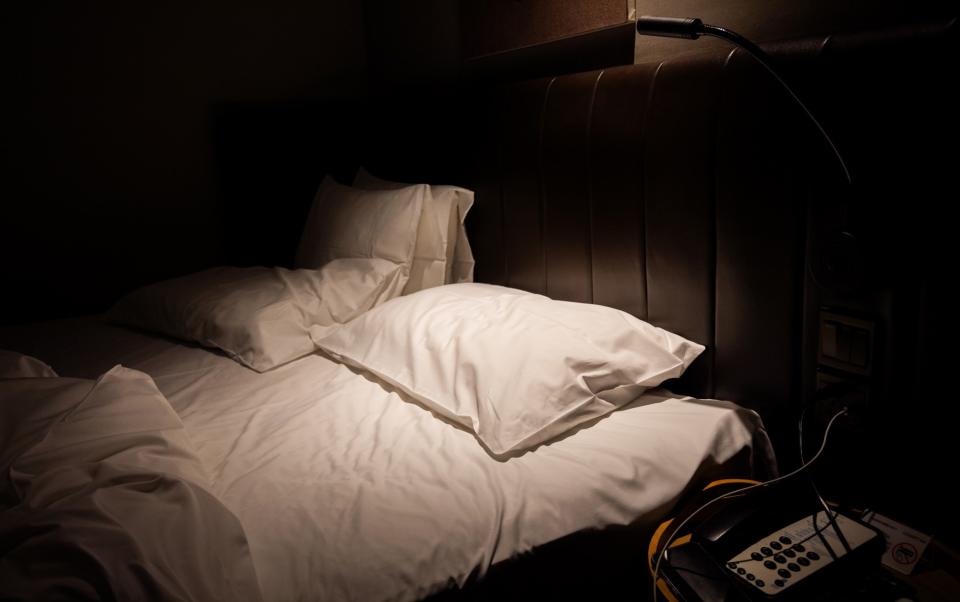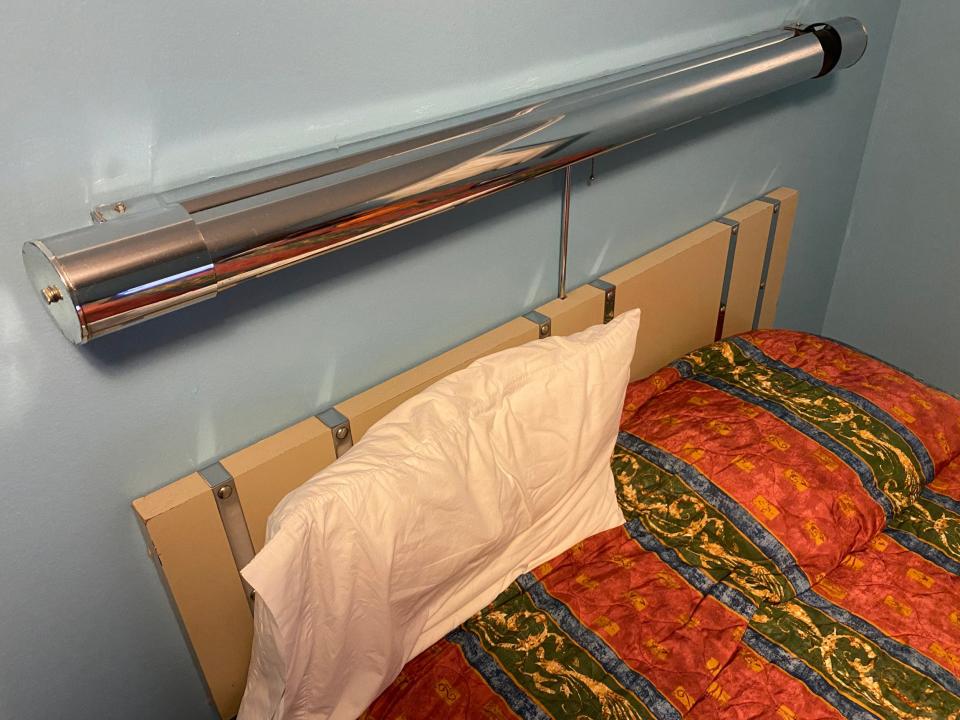Ten ways to improve hotels (from the man who has stayed in more than 100 this year)

I have stayed in more than 100 different hotels this year, in 15 countries, and in a price range between £20 to £5,000 a night.
What did I learn? Expensive doesn’t always mean good, and cheap doesn’t always mean bad. Rather, the best hotels, irrespective of their star rating, are the ones that do the simple things well.
You should leave a hotel feeling fresher than when you arrived. Not bleary eyed from unnecessary noise or scalded from a molten-hot shower. Here are 10 of the most common mistakes and a few suggestions on how to overcome them.

1. Enough with the unnecessary paperwork!
I booked the room online and provided all my personal and payment details. Everything you need from me obviously already exists on your hotel’s admin system, because when I arrived you quickly found me on the computer screen. Why then, after staggering in from a long flight or drive, am I being asked to write it all out again, with a dodgy pen, onto a piece of paper? This is an archaic and unnecessary formality. The best hotels simply check your ID and hand you a room key. Job done.
2. It’s free Wi-Fi, not the nuclear codes
Some hotels treat their internet connections like encrypted memoranda between MI6 and GCHQ. I stayed in one hotel earlier this year that had a Wi-Fi code of 26 digits, comprised of letters, numbers and special characters, in a chaotic mixture of upper and lower case. The worst are hotels that still demand multi-factor authentication, forcing guests to verify their existence via a text message (requiring roaming changes) or to click a box that opts-in to a lifetime of marketing spam. It doesn’t have to be this way. Just have an open internet connection, with a maximum of one click to join.
3. Spread your guests across multiple floors.
I recently stayed in a 300-room hotel, in which just 10 rooms were occupied that night. Nevertheless, it sounded as though it was at full capacity, because every guest had been put on the same floor, in rooms next to each other. I get it, this is to make the cleaners’ lives easier, but would it really be an inconvenience to spread everyone out a bit?
4. Is this a hotel or a leisure centre?
Many of the world’s higher-end establishments seem to be caught in an identity crisis. On one hand they market themselves as exclusive hotels for out of towners, but on the other they’re chasing the local spend. In many cases, this degrades the hotel experience. A few weeks ago I visited a hotel gym that was so busy it rendered itself out of bounds. How about exclusive time slots for hotel guests, who are paying more per night than your local members pay each month?

5. Shhhhh. I’m trying to sleep
You’ll never appreciate just how quiet your own home is until you spend dozens of days a year sleeping in hotels. In some cases, this is simply down to bad design. In one hotel this year, the waste pipe of the toilet in the room above me ran directly behind my headboard. In many others though, the decibels could be reduced significantly by just adding anti-slam door hinges. Don’t get me started on the whirr of ventilation shafts. The first thing I do when I enter a hotel bedroom is hold my breath and listen. If there’s as much as a buzz or bleep, I ask to be moved elsewhere.
6. Clean under the bed, it’s gross
Some hotel rooms are so dirty, you wonder what the “cleaning” process actually involved. Surely a base level of cleanliness should be prerequisite. Do hotel managers routinely monitor the state of their rooms? Some of the things I’ve found under beds would give you nightmares. Again, this is down to rushed cleaners needing to turn around bedrooms in inappropriate timeframes. Hotel rooms should have a weekly, or at the very least monthly, deep-clean by law.
7. Change the batteries in the TV remote
Of the 100 hotels I’ve stayed in this year, around 50 had TVs that didn’t work properly. You’re met with white noise and channels that haven’t been tuned, but mostly it’s just a case of replacing the batteries in the remote. If you’re going to make a television the focal point of a bedroom, at least make sure it works. The same goes for hairdryers, kettles, and coffee machines. A paying guest shouldn’t have their morning brew disrupted by a blown fuse. On a slow day, how about a quick inventory of all your room’s electronics? If it doesn’t work, replace it.
8. Sorry, but I can’t drink tea out of a thimble
What is it with hotels and inappropriately sized crockery? In particular, the billions of small cups that are commonplace in bedrooms across the land. No one, apart from maybe the aristocracy, drinks tea or coffee in such diddy quantities. We need mugs. Just like we do in our homes. Big, fat, normal sized mugs. Is that too much to ask? They’re also far too small for eating Super Noodles out of, apparently…

9. Sort your lights out
You’re exhausted and want to flop into bed, in darkness, preferably. The only issue is that you can’t find the switch for the upplight that’s pulsing maniacally like an emergency flare. And how about a bit of bedtime reading? Sorry, the bulb has blown. Use your phone. Of the 50-plus American hotels I stayed in earlier this year, hardly any had centre of the ceiling “big lights”. Instead, they go for about half a dozen smaller lamps, which all need to be turned on and off individually. The way to my heart? An “All Off” switch.
10. Is a medium-heat shower really too much to ask?
I know you can’t go a day without someone chewing your ear off about the health benefits of cold-water therapy, but can I at least make the decision for myself? The problem is that you never find out if your shower is faulty until you’re naked and ready to get into it. Of the hotel rooms I’ve stayed in this year, I’d say at least 70 per cent had shoddy thermostats. Complaining to a receptionist is a total waste of your time. By that point you’ve already had your ice cold or scalding splish-splash, you’re fully clothed and checking out.


